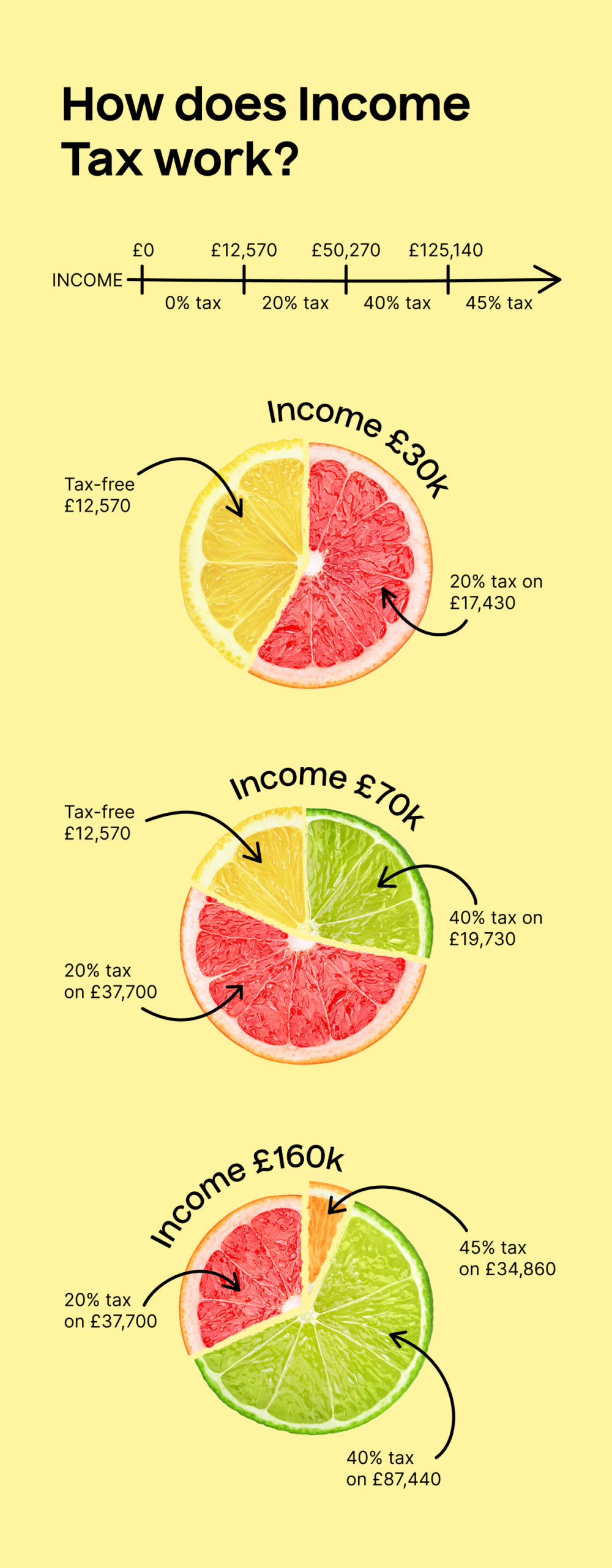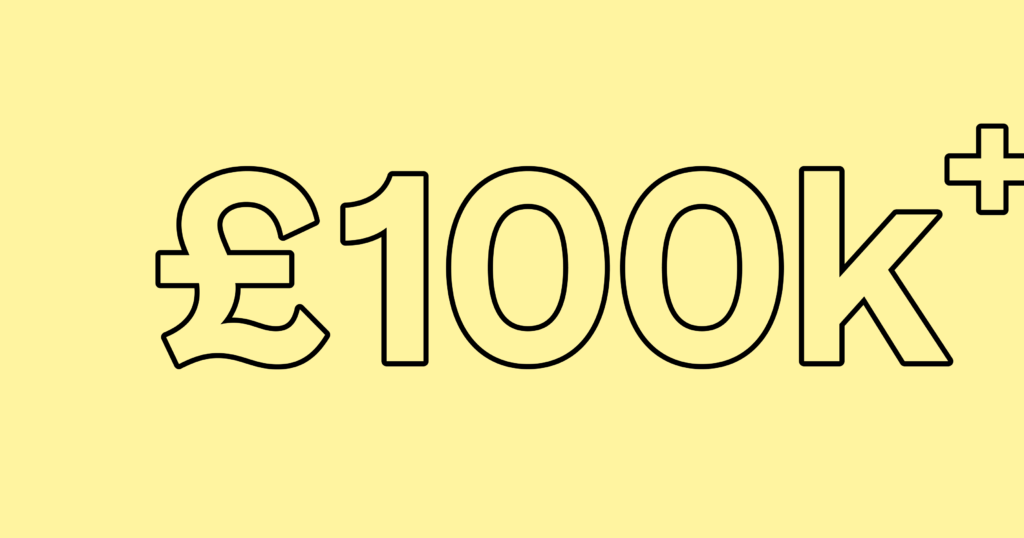One of the top 5 feelings as a tax-return-submitter has to be once you’ve received the notification that it has finally, finally been filed. The only thing that can potentially burst your bubble is the bill. Either you’re elated because it’s what you were expecting or there’s the other option… the one that’s common but unwelcome. Ugh, why is my tax bill so high?
Why your tax bill might be higher than expected
Our best advice is to stay calm. Even if you’re looking at the number and thinking, “how is this right?!” sometimes, it is. But then again, sometimes it isn’t. If it’s the latter, it means a few different things could’ve happened.
1. You calculated it wrong
If you did, don’t panic. Sometimes, you miss a calculation or misread something on your expense spreadsheet and suddenly you have a bill you weren’t expecting. Our accountants are experts that make sure that every penny is accounted for (pun definitely intended). Don’t forget to take into account changing NI rates and payments on account. Reach out for help if you need it – it’s easier to change things as you go rather than having to redo your whole tax return. Use our calculators to help you.
2. You forgot to include your employment income
It’s such a common mistake. Often when you’re doing your tax return, you’re not doing it for your main source of income or employment, which is taxed through PAYE (most of the time). It’s for the earnings that aren’t declared that you need to inform HMRC about, so you can pay the appropriate tax. We’re talking about you side-hustling, eBay-selling, £100k+ earning, money-making people. You know who you are.
As important as it is to collate all the information you need for your tax return, it’s just as important to include the income you receive from your employer, even if you’ve already paid tax on it.
Don’t forget, it’s possible to be both employed and self-employed. A tax return is a return on all of your taxable income from a certain tax year. Therefore, you need to include all sources of income, whether you’ve paid tax on it or not.
3. HMRC’s records aren’t accurate
Sometimes, it’s HMRC’s records that cause an issue. When your records aren’t up to date, you may be hit with a higher tax bill than necessary. If your employment status has recently changed, or there’s some information about your situation you think you need to share with HMRC, go ahead and get in touch with them.
There are some fines and penalties if your information isn’t accurate. To avoid these, it’s better to reach out to them first and see what steps you need to take to correct the issue. You can have your employer resubmit your employment records with the right information to HMRC. Sometimes, HMRC might ask you to send them your P60s directly.
Keep a record of all your tax information as best you can so that if a situation like this ever arises, you’ll be prepared and confident to tackle it head on.
4. You’re on the wrong tax code
Oh boy, wrong tax code. This one happens more often than you’d think and sometimes it’s hard to spot. Get familiar with the tax codes if you’re employed. If you think you’re on the wrong one, you need to contact HMRC. Your tax bill is different depending on the code you’re on (or supposed to be on) and this can heavily influence the number at the bottom of your tax bill. You can find your tax code on your payslip, P60, P45, or you can call HMRC directly to request this information.
5. You have multiple streams of income that you didn’t include
Multiple streams of income. Four beautiful words, as long as you remember to include them all on your tax return. When you have multiple streams of income, they count as one where HMRC is concerned.
For example:
- You’re in full-time employment making £40,000
- You sell handmade keychains on Etsy, your 2024/2025 profit was £5,000
- You also made a profit of £20,000 from selling and withdrawing your crypto
What do I do now?
If any of the above apply to you, or there’s another reason you think your tax bill is wrong, get in touch with HMRC directly. If you’re unsure about your situation and want some professional advice, our accredited accountants are always available to walk you through your tax situation and offer expert advice. Get in touch now.
What if I can’t pay my tax bill?
We know it’s stressful and that there can be circumstances which don’t allow you to pay your tax bill in full, on time. Firstly, try your best to file your tax return to HMRC on time. If you’re filing your 2024/2025 tax return, you need to file it by January 31st 2026. Secondly, HMRC give you an option to arrange a payment plan to pay your tax bill if you’re struggling to pay. As long as you set it up before the deadline, you won’t pay HMRC’s late payment penalties. There are reasonable excuses in very severe cases where HMRC can be more flexible.
If any of these circumstances apply to you, you can find more information here on how to appeal.





